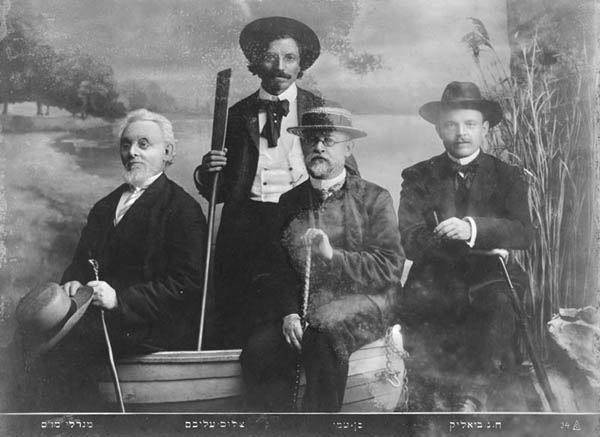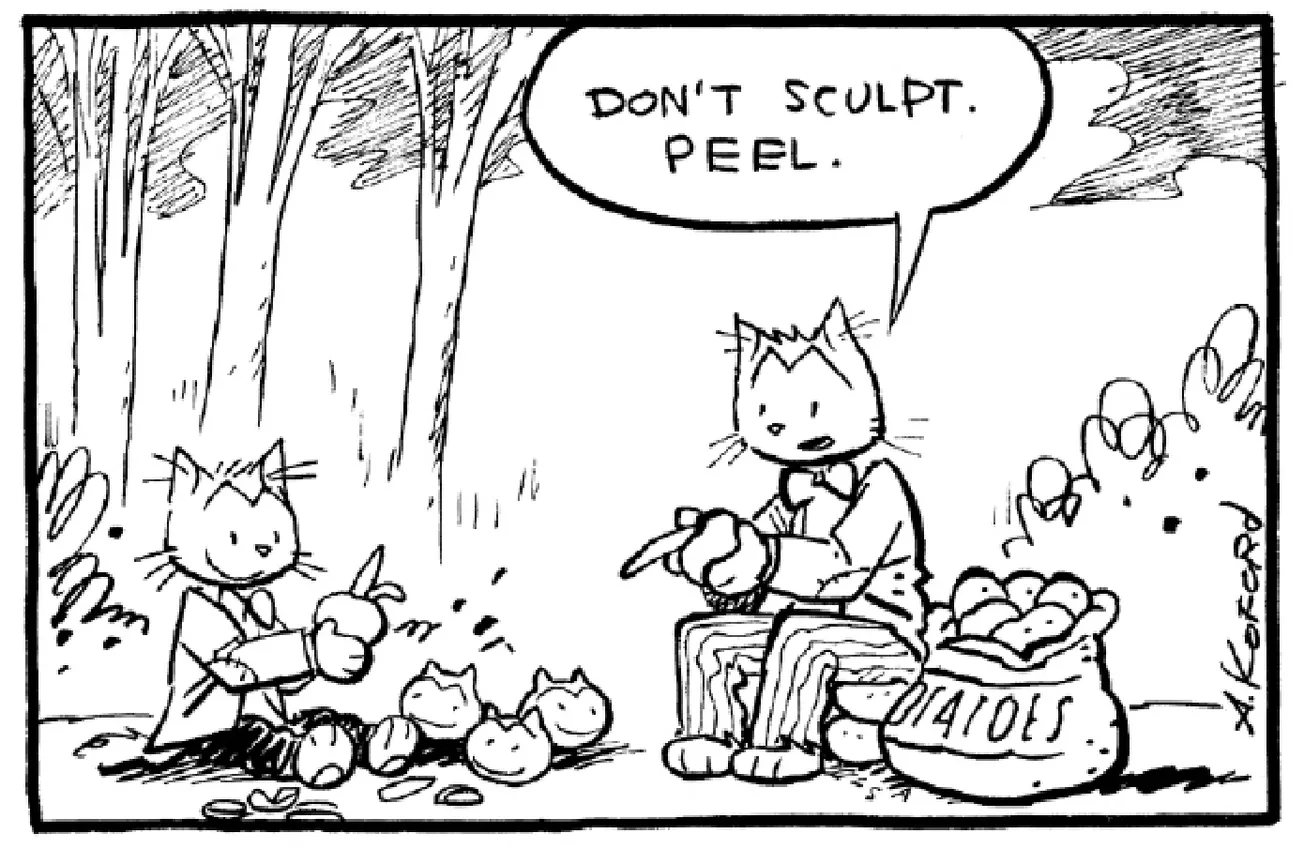What’s funny? It’s an age-old question that has generated some Very Serious Answers. Humor, according to some, is a protracted dominance display that performs an essential social sorting function. Or it’s a dopamine-unleashing collapse of sublimated psychological tension. There is also something called the Script-Based Semantic Theory of Humor (SSTH). You know what? You should check it out, SSTH is cool. So are all these ideas. Theorizing is very much my jam, philosophy is awesome, this stuff is great.
In any event, the idea I find handiest as a reader and a writer is a simple one: we laugh when something (a) surprises us and (b) we like it.
Generating these likable surprises is, uhh, not easy. But I’ve been reading Shalom Aleichem’s Tevye The Dairyman—classic Yiddish novel and source for Fiddler on the Roof—and it’s a wonderful case of how character, rather than plot, can generate a steady stream of delightful twists and turns.

About that plot: Tevye lives in abject poverty in the Pale of Settlement. He has daughters, by his own account each more beautiful and brilliant than the next. But they marry wrong. Tsaytl matches into poverty as bitter as Tevye’s own. Hodl runs after her husband after he is made a political prisoner in Siberia. Chava marries out of the faith. Shpritzke has her heart broken by a rich brat from Kiev. Devastated, she throws herself into a river and drowns. Tevye is widowed, subjected to a minor pogrom, and evicted from his village. THE END.
Which is to say, this ain’t Wodehouse. No one is not around to mop things up, not even the oft-invoked (by Tevye) God. It’s sad. But, here’s the thing: it’s funny. Not just great book “funny.” FUNNY funny. What is the engine of that humor?
Who else could it be? It’s Tevye.





